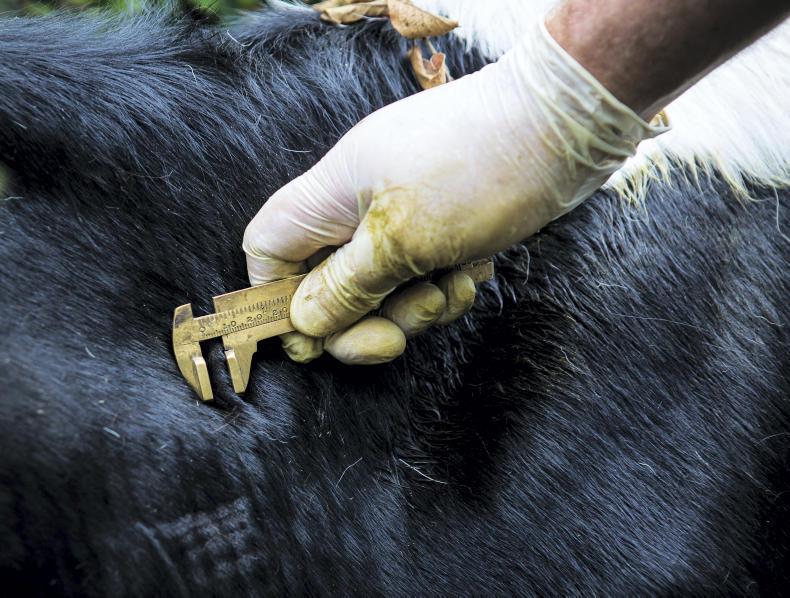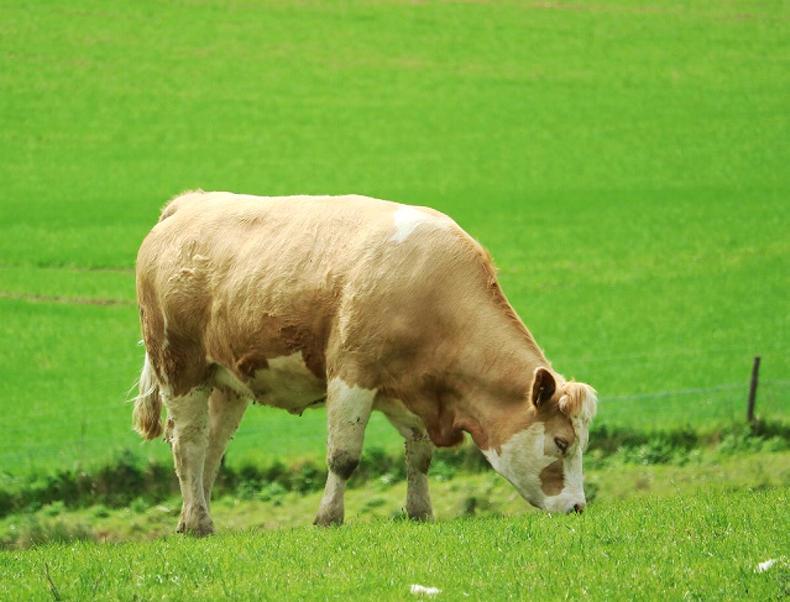Conflicting views on TB eradication strategies and how to fund testing emerged at the Pedigree Cattle Trust inaugural conference this week.
The group was set up to represent the interests of Northern Ireland pedigree cattle breeders, in particular around the issue of bovine TB.
The event focused on new developments in TB testing, with speakers including DAERA vet Fraser Menzies; UFU deputy president Victor Chestnutt; Devon vet Dick Sibley and Upper Bann MP David Simpson.
While much of the content highlighted the many complexities around the issue of bovine TB, the subsequent debate invariably centred on DAERA plans to cap compensation for reactor animals, and ask farmers to pay for an annual TB test.
A DAERA consultation around a future TB eradication policy in NI closes on Monday 5 February.
Levy funding
During his presentation, Victor Chestnutt set out the current thinking in the UFU, which favours imposing a levy on all cattle farmers rather than changing current compensation or testing arrangements.
The UFU proposal is that the levy should be around £1/head, but to a maximum of £3/head, which, if imposed, would realise approximately £4.8m/annum.
This money would not be handed directly to DAERA, instead to an industry-led body, such as Animal Health and Welfare NI, which would then employ pest control contractors to undertake wildlife intervention work, to include a cull of badgers in TB hotspot areas.
’No, no, no’
With TB in NI currently costing taxpayers around £30m per year, the argument put by Chestnutt was that farmers can’t continually say “no” to any attempts to cut costs, or find new funding options.
“If we say no, no, no, we will just get everything in the DAERA proposals imposed on us,” said Chestnutt.
However, while his argument was well put, it did not meet with universal approval from his audience.
Summing up the position of the Pedigree Cattle Trust, Portadown solicitor and pedigree cattle breeder Brian Walker said that the farming industry should only be asked to fund TB measures once DAERA can prove that it is making significant progress towards eradicating the disease in NI.
“Farmers should not be asked to fund failure,” concluded Walker.
Skin test
The conference also heard from Devon vet Dick Sibley, who talked about his experiences working with farm clients in one of the most high-risk TB areas in England.
Sibley challenged a lot of the conventional thinking around TB, particularly in relation to the current skin test.

He questioned why it was necessary to include a top lump (mycobacterium avium) and why the neck was chosen, when others, for safety reasons, now use the fold at the base of the tail.
He also suggested that it was a waste of time culling badgers, while some large herds remain chronically infected with the disease.
To help get on top of the disease in these herds, he maintained that vets need access to every possible tool, including other tests.
“You have got to deal with all of the problem at the same time. A proper, cohesive programme, rather than just shooting badgers,” he said.
Read more in the NI edition of next week’s Irish Farmers Journal.
Proposal to show TB status on mart boards
Kerry farmers left reeling by TB outbreak
More money for young farmers in Northern Ireland following rule change






 This is a subscriber-only article
This is a subscriber-only article











SHARING OPTIONS: